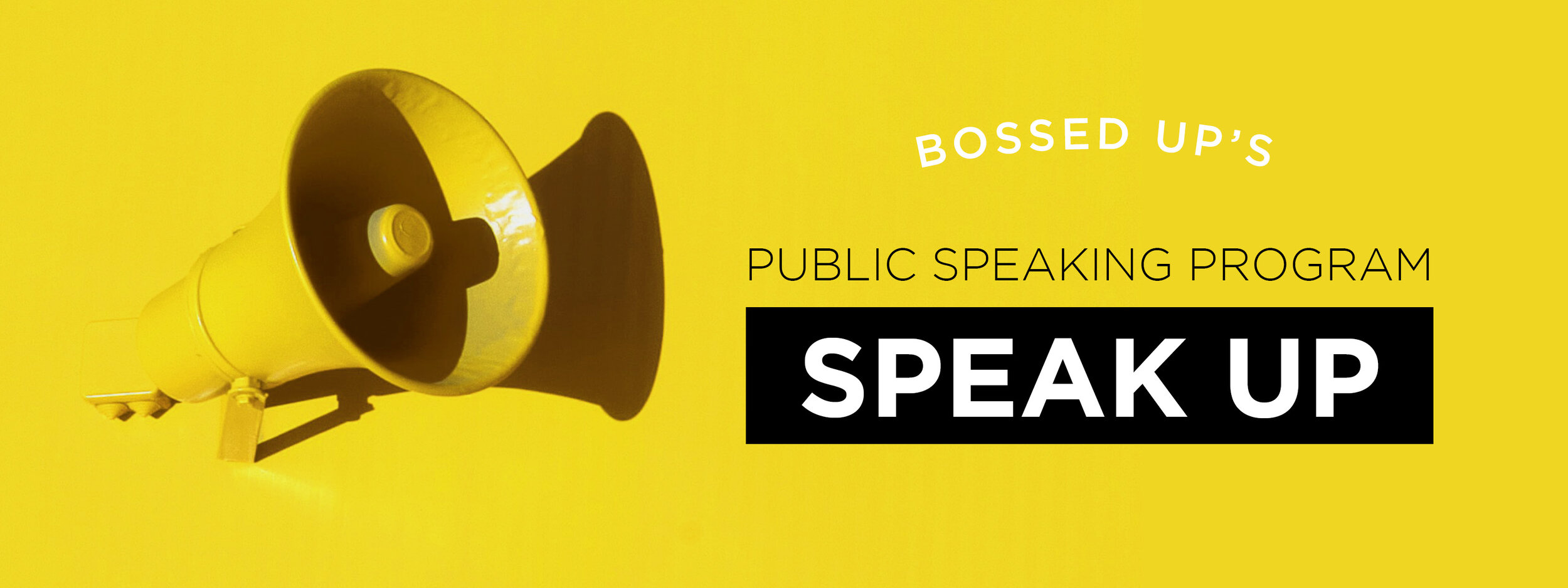I was called “Aggressive” at work… now what?
Episode 419 | Author: Emilie Aries
How should you respond?
It’s not fair, but it happens all the time: women in the workplace are wrongfully mislabeled as “aggressive” for simply speaking up and speaking our minds.
So what should you do when this happens to you?!
This comes up regularly in Level Up, my leadership accelerator, and especially in Speak Up, my assertive communication accelerator.
So many of us have essentially been told to shut up and sit down. Or we’ve been given negative feedback for speaking up, earning ourselves labels like “bossy” or any number of b-words that are levied our way as women.
It’s not fair, but it’s predictable. It happens in workplaces every day. Women - and particularly women of color - are held to a double standard that many men simply are not.
say something? Or say nothing?
The first fundamental choice you must make is a simple one: say something or say nothing?
To be clear, sometimes saying nothing is a fine option! It’s up to you, based on your goal and who your audience is. So if it’s your CEO who just called you aggressive or the summer intern you just on-boarded, your risk / reward calculation might look different. It’s up to you and you alone.
This is what I was getting at in episode 417, the truth about women’s communication in the workplace. It’s your choice whether or not you speak up and say something.
Sometimes maintaining good relationships is your number-one priority, in which case, speaking up to defend yourself might not be your primary objective.
Call them out or call them in?
You might also want to consider whether you want to call someone out or call them in. If you feel it’s imperative to speak up in front of everyone, in the moment, I’m going to share a 3-step strategy for calling your colleague out below.
That said, you can also apply the following strategy to calling someone in in a private setting. If you have the option to do so (which isn’t always the case), calling someone in privately can often reduce the feelings of shame or embarrassment elicited in the moment.
Ask a clarifying question
So if I’ve decided I’m going to speak up in response to being called “aggressive” by someone at work, the first thing I do is ask a clarifying question. Truly, asking powerful questions is sometimes the most assertive move you can make!
I like to start with a clarifying question like these:
“What did you mean by that?”
“What did you mean when called me aggressive yesterday?”
“I’m not sure I understand, can you be more specific?”
What you’re really doing is offering the person a moment of mindful reflection, forcing them to think beyond their gut reaction. You’ve giving them a second shot to restate what they meant.
Now, maybe that’s not going to do it. They might not have the “eureka!” moment we’re hoping for. So if needed, I might then restate my intention.
Restate your intention
To keep the conversation moving in an open, productive direction, I might restate my intention behind whatever got me called “aggressive” to begin with.
This might sound like…
“Look, John, it’s my goal here to be assertive, not aggressive. I want to assert the fact that I’ve spent the last 6 months doing this research and I feel strongly that we’re heading in the wrong direction on this project.”
“I’m advocating on behalf of the children who we’re defending in this law practice right now.”
“I’m pushing back because I deeply believe in getting this right.”
“I’m really trying to assert myself here because…[point to some collective benefit.]”
By doing this, you’re beginning to call attention to the difference between being assertive - being forthright and clear - versus being aggressive and bulldozing over other people.
But you’re just beginning to introduce that concept.
Optionally: educate them!
To take the conversation one step further, you can optionally educate them explicitly on the difference between being assertive vs. aggressive.
Being assertive is about advocating for your rights, wants, and needs while also respecting the rights, wants, and needs of others, whereas being aggressive is about doing what’s in your own best interest without regard for the rights, wants, and needs of others.
By explaining this difference, you can open the door to having an honest dialogue about how difficult it is to speak up assertively - particularly for women, women of color, and women of a certain age at work.
When explaining all this, I’d be sure to mention that you’re sure that it’s not your colleagues intention to punish you for speaking up, but in essence what they’re doing is contributing to a culture that makes it hard for women to make their voice heard.
Look, giving a colleague an unsolicited vocabulary lesson like this is no easy feat. But if you can pull it off, it solves a bigger problem: you go beyond the momentary discretion and help curb this person’s habit overall - hopefully creating more mindful awareness of how harmful it is to mislabel assertive women as aggressive.











